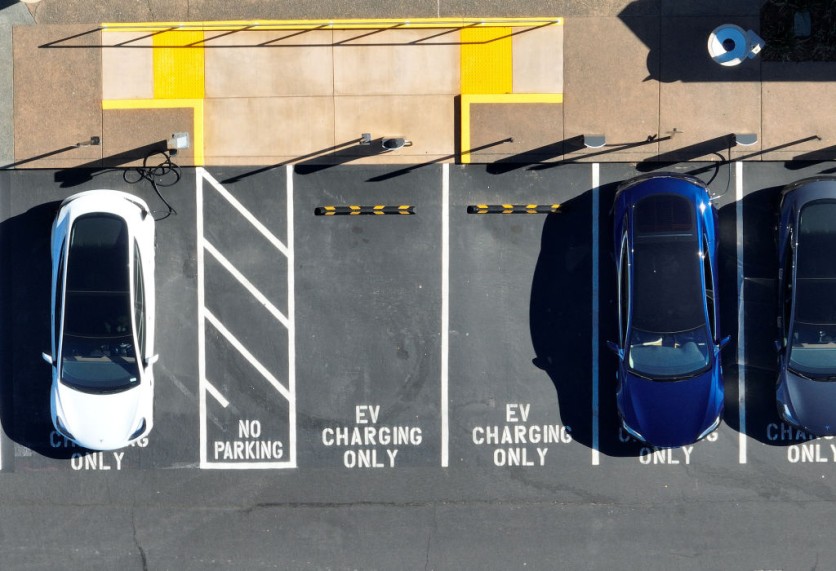US Internal Revenue Service released a list of electric vehicles that will still qualify for the full federal tax credit, costing $7,500 after implementing strict guidelines. This will officially go into effect on April 18th.

Listing Qualified Six EVs
Only six electric vehicles still qualify for the full $7,500 federal tax credits under the new terms of the Internal Revenue Service. This will take effect on April 18th and eligible vehicles include fully electric and plug-in hybrid models.
Consumers can choose from Cadillac Lyriq, Chevrolet Bolt, Chevrolet Bolt EUV, Tesla Model 3, Tesla Model Y, and Ford F-150 Lightning if they want to get that full tax credit. The Washington Post reported that this is a centerpiece of the Biden administration's green-energy effort, aiming to boost high-tech employment, lower carbon emissions, and reduce reliance on Chinese products.
This updated list comes China has been cut out as an approved trading partner, pertaining to EV batteries. By doing this, the vehicle list would obviously shrink as most electric vehicles used batteries in China or by Chinese manufacturers.
Because of the updated list, nine models that are mostly from foreign automakers are no longer eligible for the tax credit despite some of them being assembled in the United States. The list includes Nissan Leaf, Volkswagen ID.4, Rivian R1S, and R1T.
As per Consumer Reports, automakers must show that 40% of the value of critical minerals in the battery must originated in the United States to qualify for the full credit. Adding to this is that the battery components must be 50% originated in North America.
Half Credit
Meanwhile, some vehicles may still qualify for a half credit of $3,750 as long as they meet certain requirements. Three PHEVS also qualify for the half credit while three more qualify for the full, including vehicles manufactured by Ford, Lincoln, Chrysler, and Jeep.
The agency assures that these credits are not excluding hybrid technology as they are just making sure components are sourced properly. Engadget reported that batteries that are 50% made or assembled in the US may qualify for the first half credit and if the company sources at least 40% of critical minerals in the country, the second half credit kicks in.
Companies' Efforts
Nissan Spokesperson Jeff Wandel stated that the company was not able to certify to meet the new battery requirements but is currently working with supplies and hopes to qualify for at least partial credit in the future.
As per Volkswagen Spokesperson Mark Gillies, the automaker still awaits the documentation from a supplier as they see this opportunity as "fairly optimistic" that the company will still qualify for a tax credit.
Despite just releasing an updated list, the government plans to keep updating the list to keep up with different companies as they adapt and change their battery supply chains.
Related Article : EV Tax Credit to Return for Tesla, GM, Toyota? New Senate Bill On the Works, With a Catch

ⓒ 2026 TECHTIMES.com All rights reserved. Do not reproduce without permission.




